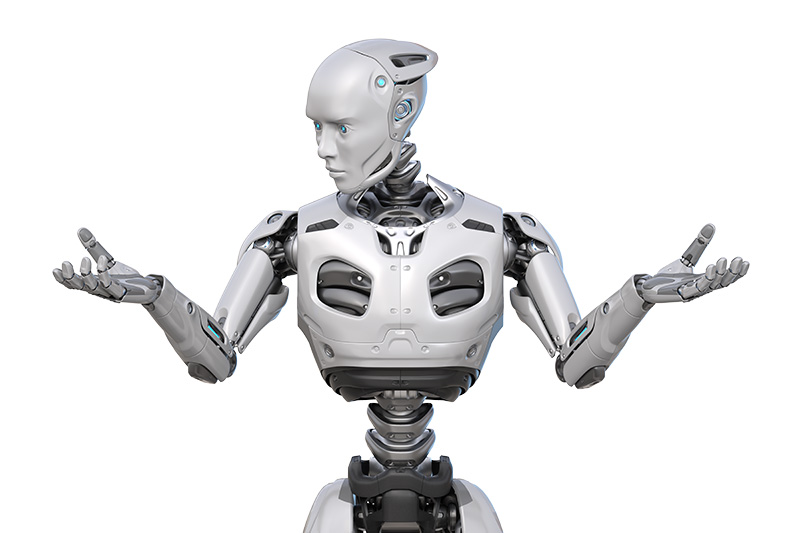Axioms are not necessarily true

Axioms are the foundation of mathematics and mathematical systems. Here is the usual list for standard mathematics, which has 9 axioms.
- Axiom of extensionality
- Axiom of empty set
- Axiom of pairing
- Axiom of union
- Axiom of infinity
- Axiom schema of replacement
- Axiom of power set
- Axiom of regularity
- Axiom schema of specification
Do you find them as difficult to understand at first glance as I do? (Breathe a sigh of relief. You will mostly not have to understand the details within this snippet!) There are also rules of using axioms, for example, how to use them together, and if you follow the rules with the precision but mindlessness of a robot, the result is “proven”, and because other systems like physics or chemistry can’t provide proofs as firm as that, many researchers call mathematics and its logic, “the queen of sciences”.
Some axioms, like an “empty set” (having none of an object) seem obvious. There are a couple of problems with this, though. Axioms assuming discrete and countable objects might not work in extreme cases in the real world, such as at the extremely small quantum level. At the quantum-level an object may be there one moment and gone the next. Similarly an empty set may be empty one moment and crowded the next, as objects appear briefly from nothing in that strange system. And how could you differentiate an empty set of lemons from an empty set of oranges?
It may be impossible to say one quantum object is separate or distinguishable from another. Is there one object or two? Have the conditions for various axioms therefore broken down?
This shows that although axioms like counting may work for us at the level of everyday experience, they are not necessarily universally true.
So, starting from scratch, how do you choose axioms?
Similarly by what values can you choose values?
Similarly, what principles do you use to create a definition?!
I find that we are looking in the wrong place. Axioms have the coldness of death. Although people can be contradictory, they are better, richer, and alive. Life and people transcend axioms.
Some people can be as dead as axioms. But what if there is one person whose values are so attractive that we are overwhelmed and want to absorb them, copy him. Who might that be? Ultimately someone who transcends all the axioms? And we start with him?